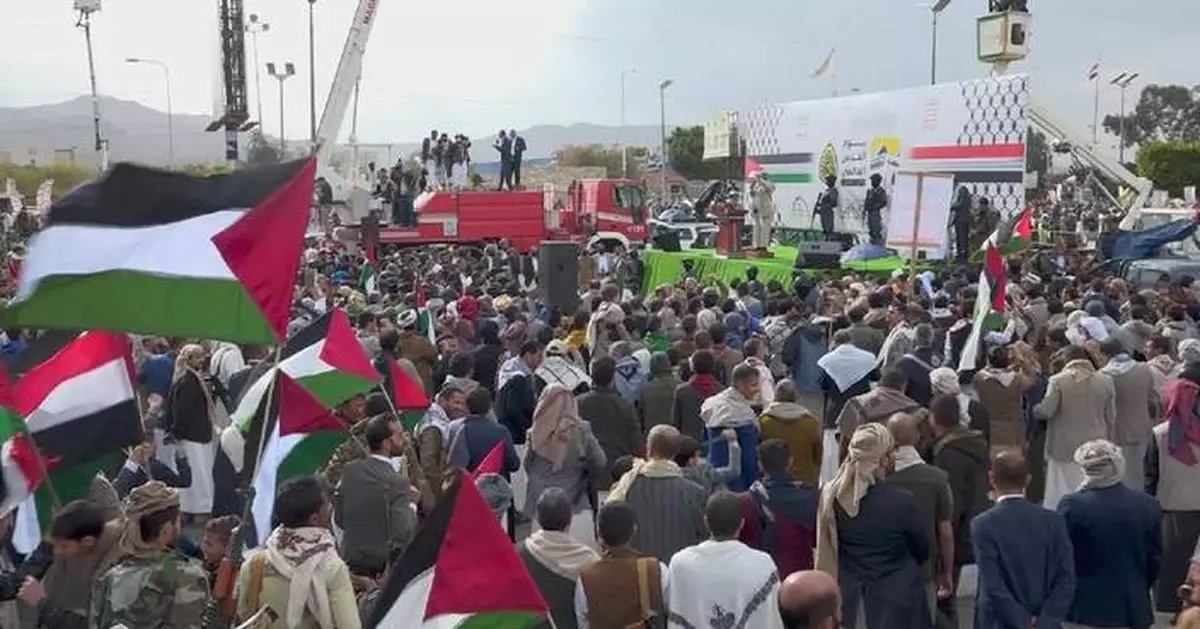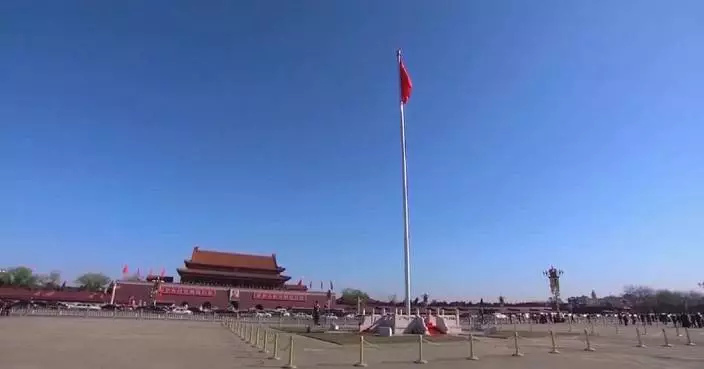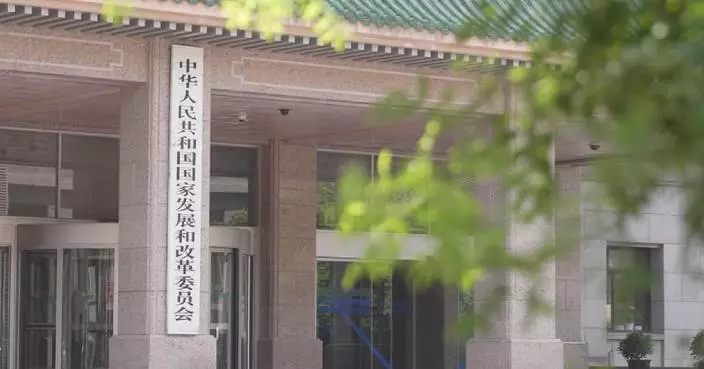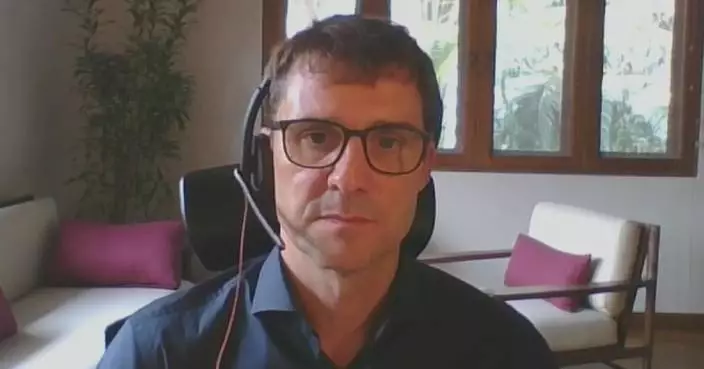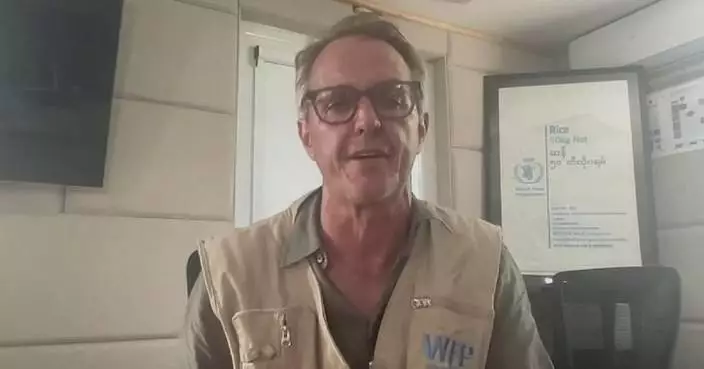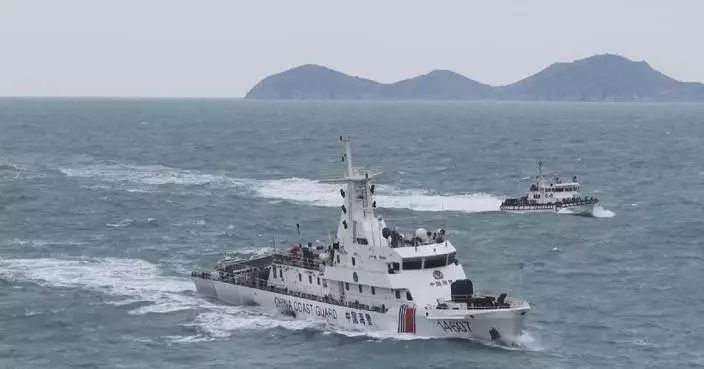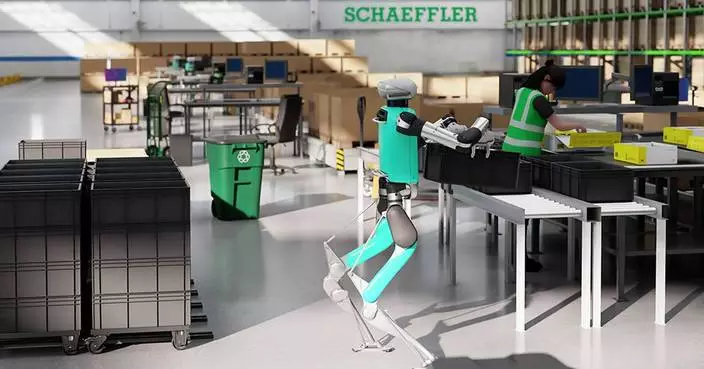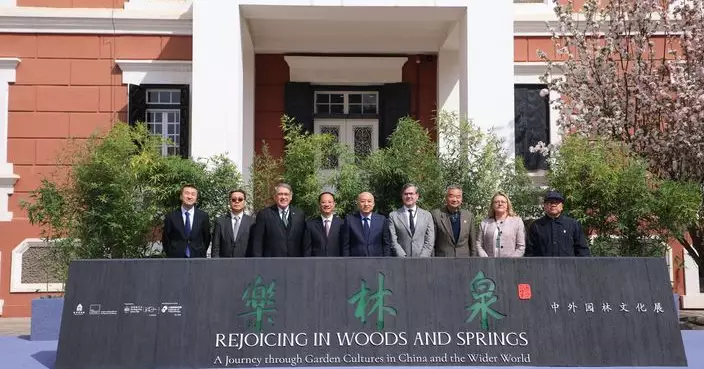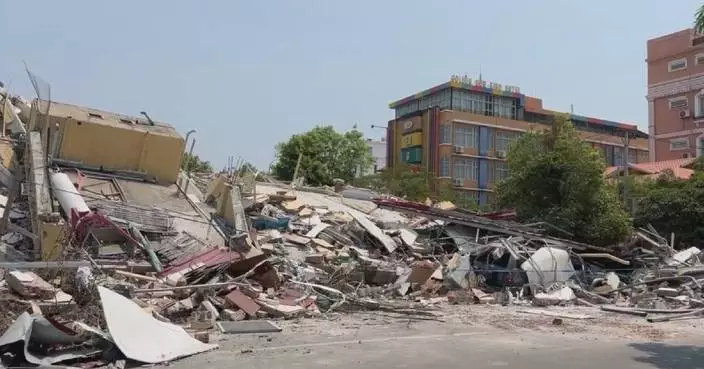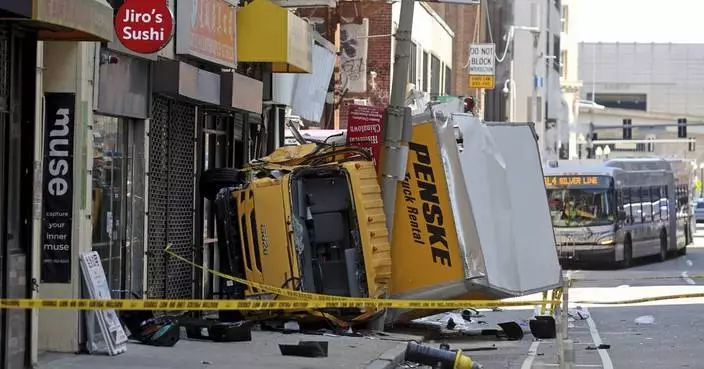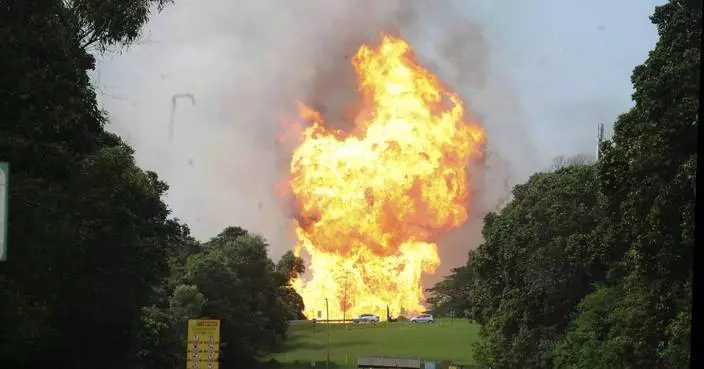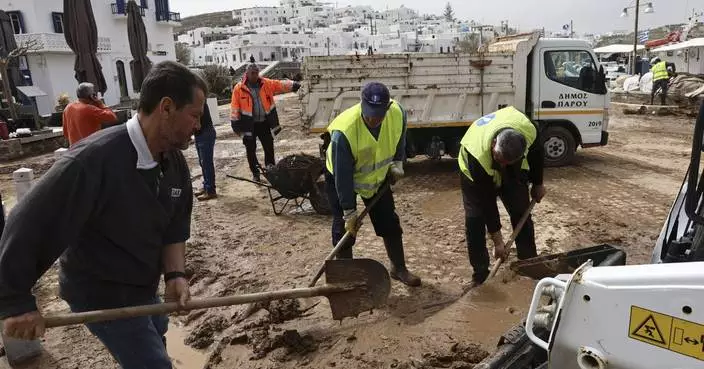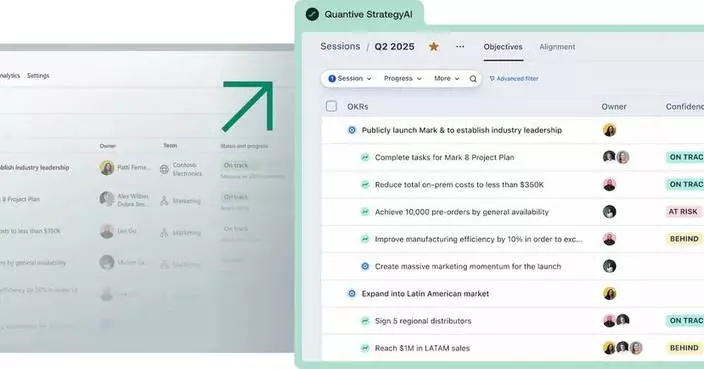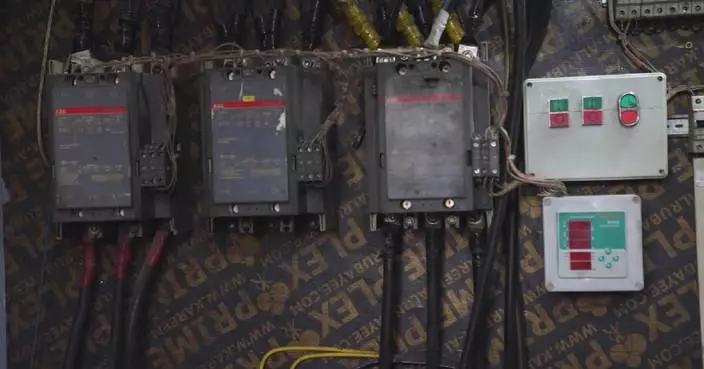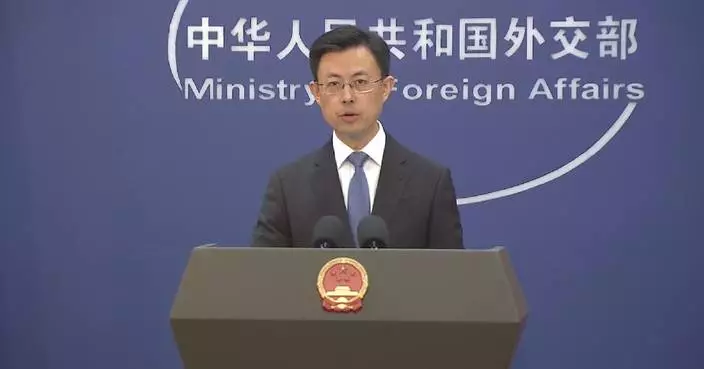Hundreds of thousands filled the streets of Yemen's capital, Sana'a, on the International Quds Day Friday, voicing their solidarity with Palestinians and decrying the United States' and Israel's aggressions in the Middle East.
The International Quds Day is held every year on the last Friday of Ramadan to express support for Palestine and oppose the Israeli occupation of Palestinian territories.
Demonstrators carried Palestinian flags and chanted slogans in Al-Sabeen Square, calling on the international community to help stop the war on Gaza and ensure the delivery of humanitarian aid.
They rallied not only to condemn Israel's renewed attacks on Gaza and its breach of the ceasefire in Lebanon, but also the recent U.S. airstrikes on Yemen.
The United States has conducted over 150 airstrikes on Sana'a and Yemen's northern provinces within just two weeks, sparking widespread anger and protests within Yemen.
The U.S. airstrikes targeted more than 40 locations in Houthi-controlled areas of Yemen, according to local media affiliated with the group. The attacks hit Sana'a, Marib, Amran, and Saada, causing civilian casualties.
Mohammed Muftah, deputy prime minister of the Sana'a Government, criticized the indiscriminate nature of the U.S. assaults at the rally.
"The nature of American targets, in general, since the beginning of the recent U.S. escalation, is civilian. They do not have any coordinates for military targets. They try to make people believe they are targeting military sites, but in reality, they are [targeting] civilian targets, residential neighborhoods," he said.
Yahya Al-Moushki, a demonstrator, expressed the sentiment of the crowd.
"We came out today to reaffirm our principled and unwavering stance with our brothers in Gaza and Palestine," he said.
Similar mass rallies were also held in Iran on Friday.
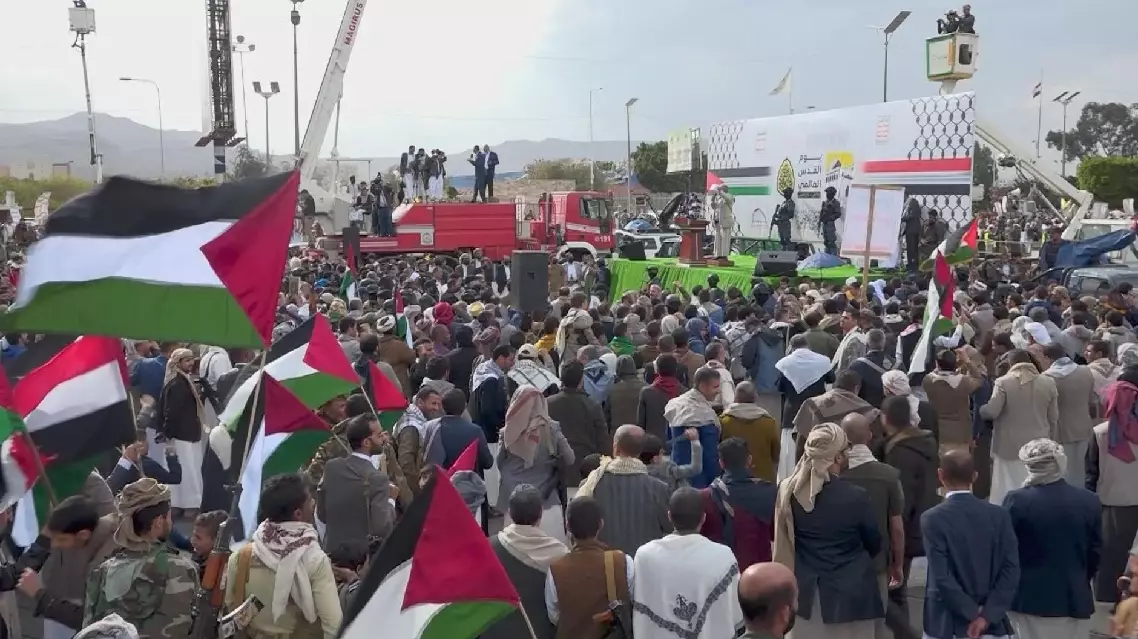
Yemenis rally on Quds Day, decrying U.S., Israeli aggressions in Middle East
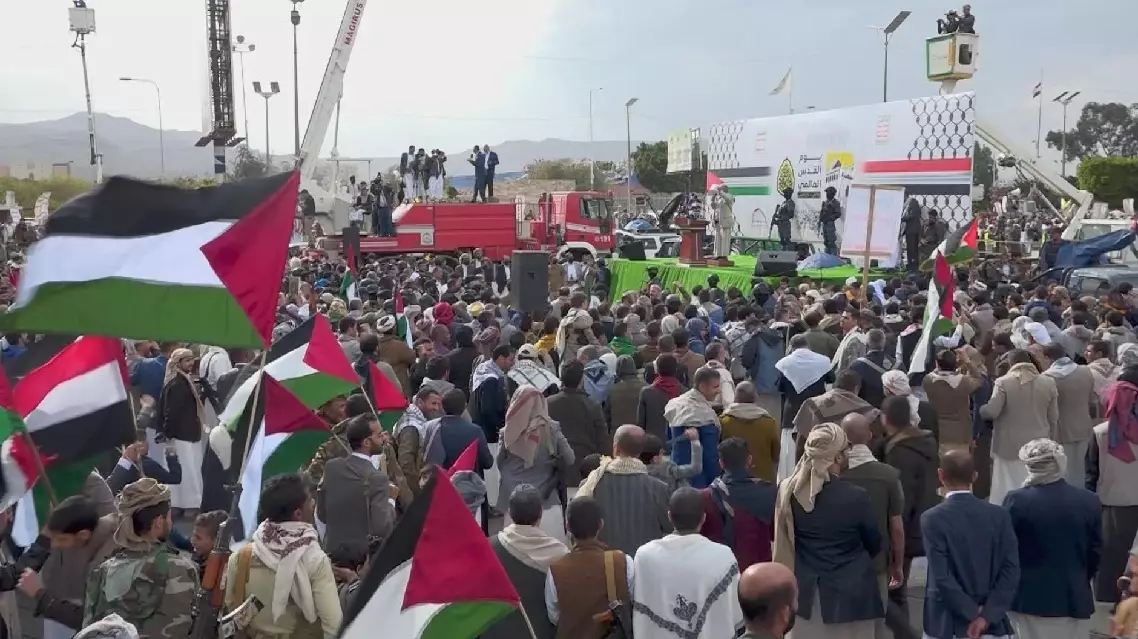
Yemenis rally on Quds Day, decrying U.S., Israeli aggressions in Middle East
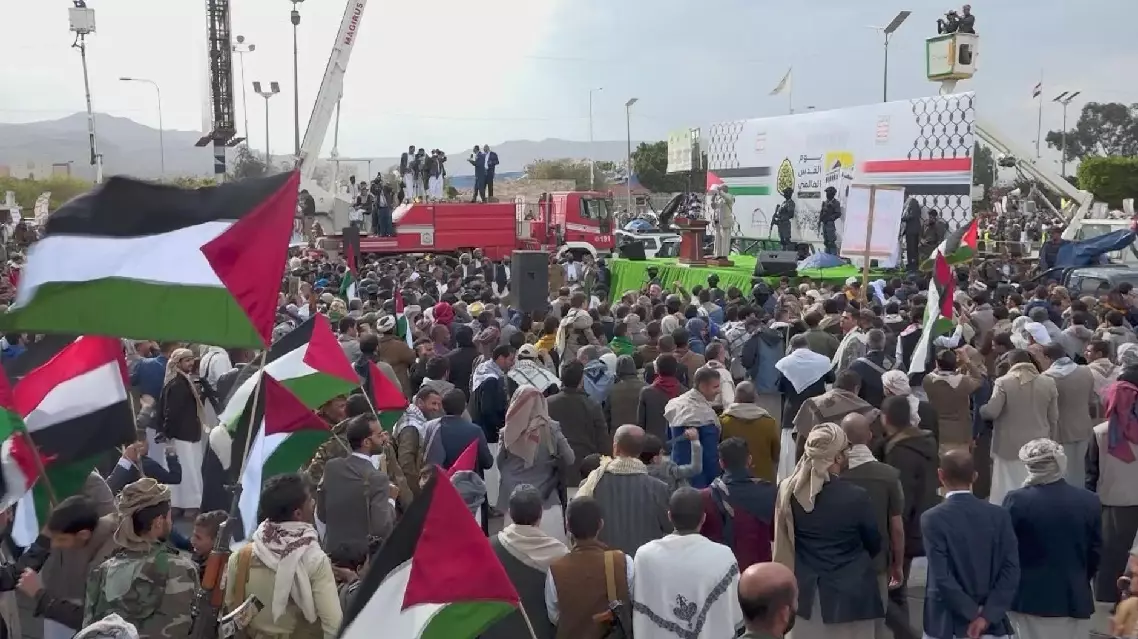
Yemenis rally on Quds Day, decrying U.S., Israeli aggressions in Middle East
Los Angeles is grappling with rising costs and delays in its wildfire recovery process, as tariffs on construction materials imposed during the Trump administration compound the challenges.
The devastating wildfires recently destroyed over 17,000 homes and businesses, leaving communities urgently pushing forward with reconstruction.
The Trump administration has recently rolled out new tariffs on a wide range of construction materials, including steel and aluminum, from the main trading partners of the United States, such as Canada, Mexico, and China. This has significantly driven up costs, further complicating the recovery efforts
"As the city and county of Los Angeles move aggressively to rebuild the wildfire areas in Malibu, Pacific Palisades, and up in Altadena, to build those houses, we need softwood lumber, aluminum, and steel from Canada," said Gene Soroka, executive director of Port of Los Angeles.
While the tariffs aim to boost domestic production, the transition will take time. In the interim, the shortage of materials is creating ripple effects across the construction sector.
"We are still handling a lot of imported steel, despite the tariffs because there's not enough American manufacturing of steel right now. So, one of the unintended consequences that this has done the wrong way is you don't have enough steel. That impacts construction, that impacts economic growth across the board," said Weston Labar, chief strategy office of Waterfront Logistics.
According to the Associated General Contractors of America, housing costs could skyrocket by almost 50 percent, widening the gap between insurance payouts and actual rebuilding expenses. It may force many homeowners to delay or even abandon their reconstruction plans, prolonging the housing shortage in Los Angeles.
Tariffs are also driving up prices for other products, impacting recovery efforts.
"We need appliances from Mexico, furniture from China, and all of those prices are going up, whether anticipatory, or real as these imports are coming across our port complex. So, we've got to have some pretty detailed discussions about this because families who want to rebuild, businesses who want to get back into the office are going to be impacted by these tariffs one way or another," said Soroka.
As Los Angeles strives to recover, the economic uncertainty caused by tariffs presents a formidable obstacle.
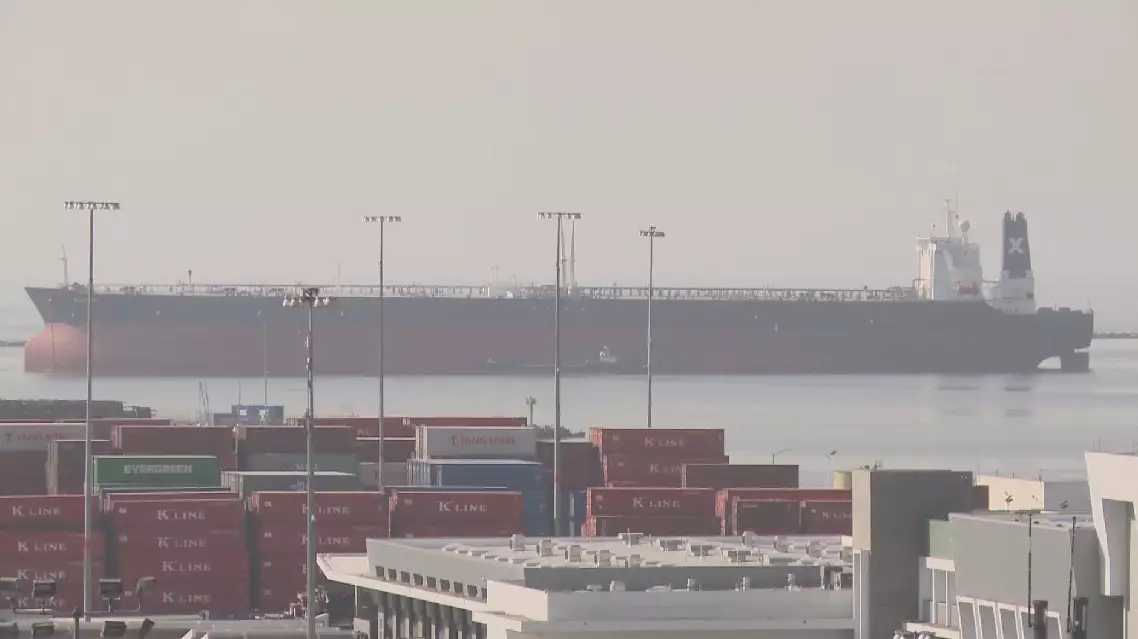
Tariffs add strain to Los Angeles wildfire recovery efforts





